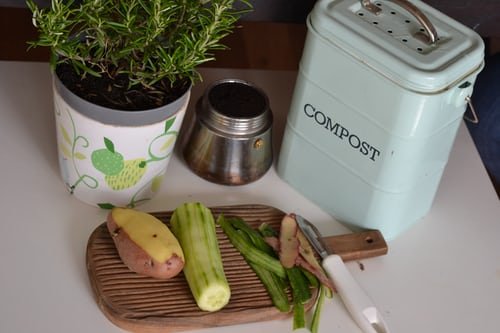Uncategorized
Sustainability checklist for consumers

Following a sustainable lifestyle is not as simple as it sounds, it requires a lot of research and careful choices. From greenwashing practices to knowing whether a brand is actually committed to sustainability, everything will be answered through these four questions; s;
- Does the brand use sustainable fabrics or raw materials?
One of the best ways to detect if a company is greenwashing is to examine the primary materials used by them.
For example, if there is a brand that proffers sustainability but uses fabrics like nylon and viscose in most of their finished products then it is greenwashing.
A good way to keep check of the sustainability factor is to look for natural, organic, and upcycled pieces in the products.s.
- Are sustainable production methods used by them?
This is not just about the number of chemicals and dyes used to produce or water used.
But, something that should be kept in check if they care about the side effects of their production. As conscious consumers, we must keep in mind and check these key points
- Does the brand clean or cool down the production wastewater prior to release in the water bodies? Proper treatment of wastewater is necessary.
- Are the materials used by them recyclable and biodegradable? bingo-game.org This indicates if they really care about the product’s post-life processes.
- Is there packaging recyclable, compostable, and biodegradable?
- Is their production at a sustainable scale?
The producers overproduce, and as consumers we over-consume.
Sustainability and mass manufacturing cannot co-exist anywhere in the world.
Here are a few questions as consumers we must clarify before assessing a brand’s sustainability:
- How often do they have fresh arrivals?
Often new arrivals= over-production
- How many products are being sold at a given time?
Some brands have lesser sale value compared to the rate of production.
- Do they have more than one store? If yes, then how many?
More stores mean more production, more emissions, and more waste.
- How often do they place sales and clearances on their products?
The more often clearances they offer are a sure sign of over-production.
- Transparency is the bare minimum:
If a brand makes it difficult to find facts about its production, factories, or export, it might greenwash, cover anything, or does not give enough respect that it might give up a valuable room in the navigation bar on the home page.
“The planet won’t be sustainable in a day, it’s a marathon so feel okay in not being fully sustainable. Although, as conscious consumers, we can strive to be sustainable in every possible way.” Always remember, a conscious consumer is the one who is informed.


